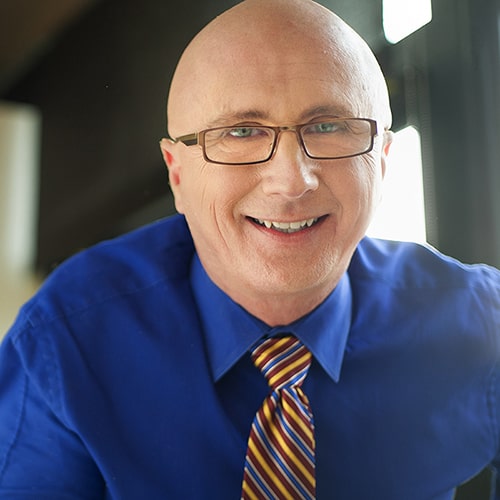Preparing for my presentation on “Fake Listening” for the Lawyer’s as Changemakers seminar made it crystal clear that the negative reputation we lawyers have is self-inflicted. Here’s a breakdown of the four primary complaints about lawyers:
- Lack of communication
- Doesn’t answer my questions
- Doesn’t care about me
- My attorney doesn’t listen to me
Less than 5% of the hundreds of lawyer complaints I reviewed pertained to the advice given by their attorney. Invariably, the criticisms were always about a failure to communicate, and more specifically the complaints were about their attorney not listening to them.
How did we get to this place where perfectly intelligent, hard-working and well-intentioned individuals have a difficult time giving their clients what they desperately need?
It comes from confusing true listening with critical listening — the skill that was drummed into all of us in law school. It’s how we learned to see and hear the world as a lawyer. Like any tool it can be of great value. But critical listening is a relationship killer and it belongs in the technical realm of what we do, not in the day-to-day interactions with our clients, staff, significant others, friends, and children.
My first breakthrough in listening happened in my early forties. In my blog post, The Ears Have It I wrote:
“Then, one day, a light flickered on. I actually heard what was being said — with no thought to what I was going to say, who was right or wrong, or how I felt about it. It was an amazing experience. The more I was able to listen to understand, rather than making sure I was understood or my point was made, the more empowering the ability to listen became. She was right, I had not been listening.”
For years, my wife Jan would tell me, “You’re not listening to me.” And I would reply, “Yes, I am.” It was maddening and confusing to be told that when I was so convinced I WAS listening. What I didn’t realize is that critical thinking/listening is not the same as truly hearing what someone has to say.
Listening in critical analysis mode is about discernment, analyzing, and evaluating. True listening is about understanding and compassion.
In The Two Natural Laws of Lawyering blog post, I talk about the competitive and complementary world that lawyers live in. When we are in the competitive mode our listening is critical analysis based. Listening in the complementary mode is how our clients experience healing listening.
There’s a funny drawing where one fish asked two other fish, “How’s the water?” and one fishes answers, “What the hell is water?”. That was me — oblivious to the way I listened and the effect it was having on the other person. It was only when this light flickered on in my head (prompted by my wife) that I realized what I’d been doing for so many years.
In my blog post, The Lawyer’s Compass: Beyond Justice: How to Give Your Clients the Fairness They Deserve, I identified five questions we need to ask ourselves in relationship to our clients’ experience:
- Do they feel heard?
- Do they feel understood?
- Do they feel accepted for how they feel?
- Do they feel talked down to?
- Do they feel important?
These five questions are client-centric. This means looking at my client’s actual experience, not my intention. Because I believe I’m listening to a client doesn’t mean that is what they experience. Just like saying the words “I’m sorry,” doesn’t mean that the person believes that I’m genuinely sorry. We oftentimes have a sense as to whether an apology is sincere.
It can be surprisingly difficult to truly listen. There were two major shifts I had to make.
First, I had to become aware that when I’m wearing the hat of a critical thinker, I’m not listening in a healing way.
Many times I’ve been in true listening mode when a client says something that makes me concerned about a technical aspect of their claim. At that moment, I instinctively switch to critical thinking/competitive mode, which impacts how I hear them. I either have to force myself to switch back, or deal with that specific fact and then return to true listening.
Listening in critical thinking mode and true listening cannot occupy the same space at the same time. They are different skills with unsimilar outcomes, that are equally important.
Second, I had to minimize the distractions that keep getting my attention. You know them — the sound from your computer that you just received an email; the flashing of the subject line of the email that captures your eye as scrolls across the monitor; the papers sitting on your desk; or your phone that won’t stop ringing or flashing. There are countless distractions.
Here are the counter moves I take to make sure my clients experience being truly listened to:
- I mute the sound on my computer.
- I turn off my monitor.
- I push the ‘Do Not Disturb’ button on my phone.
- I take the papers off my desk.
- I maintain awareness of when I’m moving into competitive mode, which means I’m listening with my critical thinking skills.
- When I find myself multitasking, either out of habit or because I feel that I don’t have enough time, I remind myself of what’s most important and refocus on the person before me.
What distractions get in the way of you truly listening?
What counter moves can you devise to minimize their effects?







Wonderful commentary. Truly enjoyed it – and, I am listening. Juli Upton